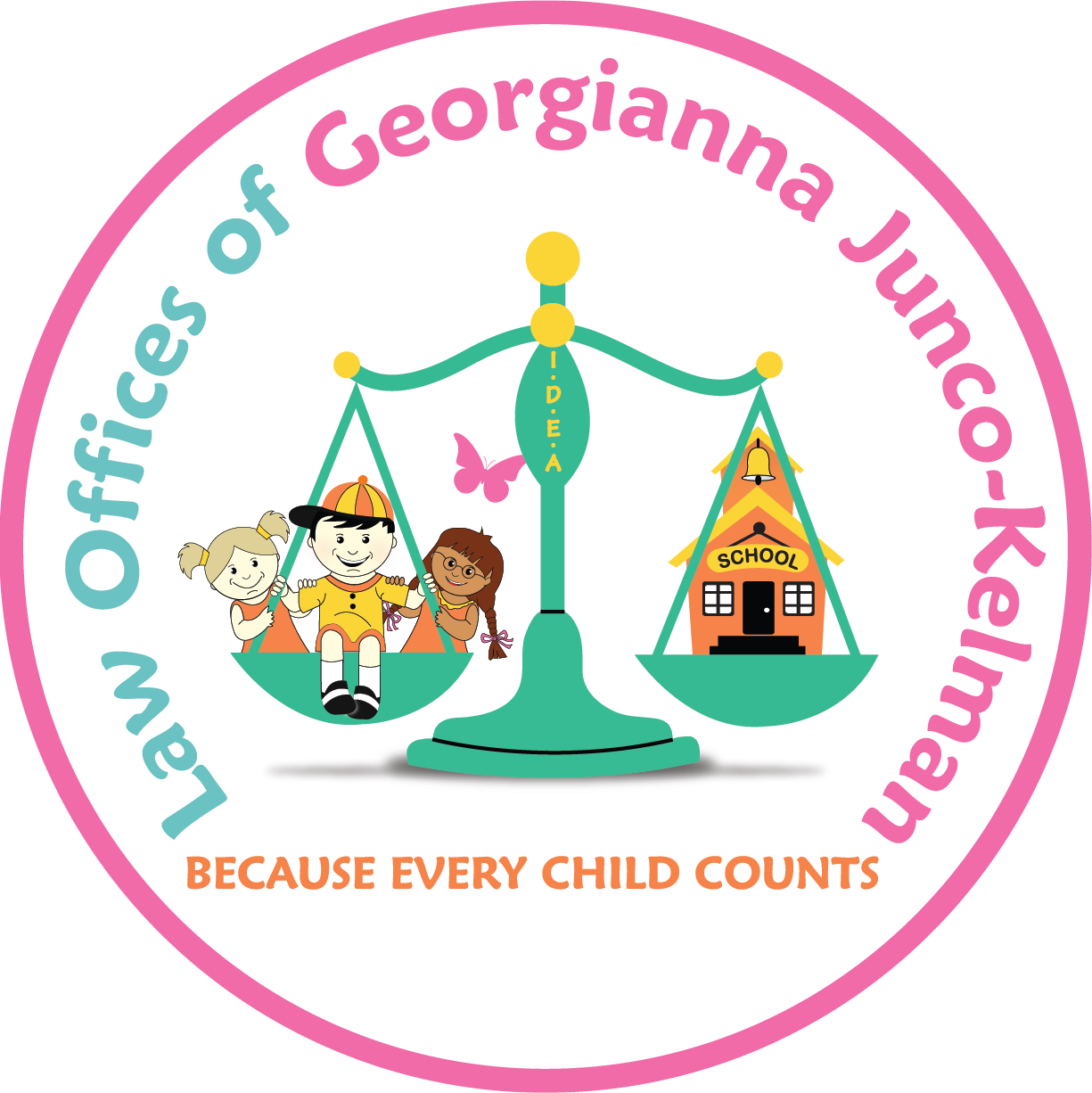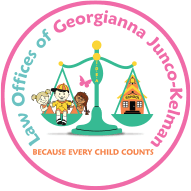
eARLY INTERVENTION
The term Early Intervention refers to services given to very young children with special needs, generally from birth until the child turns three. For this reason, these programs are sometimes called “Birth to 3” or “Zero to 3.” Services included are speech therapy, occupational therapy and physical therapy, provided either in an office or in the child’s home. Part C of IDEA governs the Early Intervention program for infants and toddlers.
Part C went into effect in California in 1993 and in California the legislation affecting infants and toddlers is called The California Early Intervention Services Act. It is designed “to provide a statewide system of coordinated, comprehensive, family-centered, multidisciplinary, interagency programs, responsible for providing appropriate early intervention services and support to eligible infants and toddlers and their families.” [Cal. Gov. Code Sec. 95002.] The Lanterman Developmental Disabilities Act.
All children develop differently and at a different pace so it’s not unusual for you to sometimes be a bit concerned about your child’s development and whether he/she is on target with milestones. You may wonder whether your child is sitting up, crawling, walking or talking within normal ranges. Typically these worries work themselves out and you find that your child is doing just fine. However, if your concern persists and you continue noticing something unusual you should reach out for help.


If you are concerned about your child’s development, the first step is to have your child referred for evaluation and assessment. You can refer your child directly to the early intervention program in your county, or you can have your child’s physician or another professional make the referral for you.
Early intervention is the process of providing services, education and support to young children who are deemed to have an established condition, those who are evaluated and deemed to have a diagnosed physical or mental condition (with a high probability of resulting in a developmental delay), an existing delay or a child who is *at-risk of developing a delay or special need that may affect their development or impede their education.
The purpose of early intervention is to lessen the effects of the disability or delay. Services are designed to identify and meet a child’s needs in five developmental areas, including: physical development, cognitive development, communication, social or emotional development, and adaptive development.
The hope is that these services, provided early, will address any delays in development so that the child will not need services later on. At age 3, if a child still needs help, he or she might be referred to the school district for continued services under an IEP plan.
Trusted Media Advisor
Different. Not Less.
Please reach out to our office so that Georgianna can assist you in the pursuit of securing a meaningful education for your child. We offer a 30-minute complimentary consultation for the analysis of your case.











